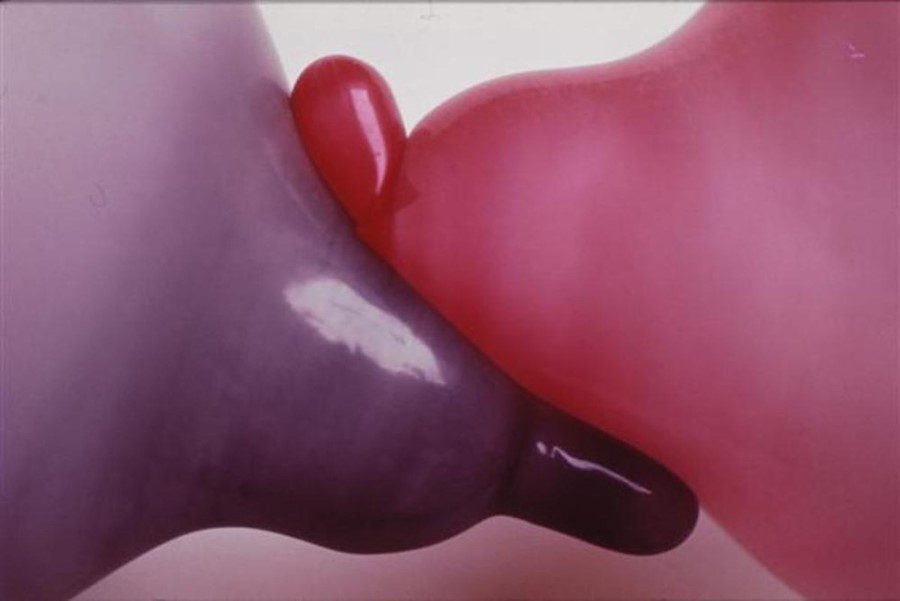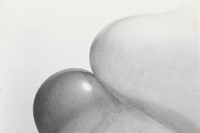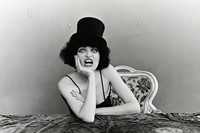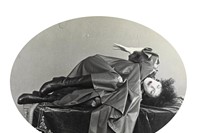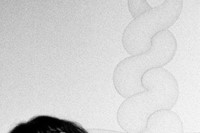Renate Bertlmann's pioneering performance work scandalised contemporary audiences in the 1970s, and her new London exhibition looks set to take things even further
Renate Bertlmann might be one of the most controversial artists in feminist art history. In 1978 her artworks scandalised audiences in Germany to the extent that they were banned from a major exhibition of the movement, The Museum of Money, when it toured to France and Holland. The provocative artworks featured documents from her performance as a masked, pregnant bride in a wheelchair, bearing condoms and an erect penis fashioned from plastic.
Bertlmann was angered by the rejection, but she wasn’t discouraged: “I had always a special interest in hierarchical structures in all areas of life, in ‘above and below’, and particularly also in the field of sexuality,” Bertlmann explains when asked what drives her to keep making such radical art. “I was – and I am still – extremely sensitive to the sexual and physical abuse of women, and violence against women, and their mental and intellectual suppression all over the world.”
Bertlmann’s work in the 1970s was radical not only for her use of inflated condoms, rubber nipples and pornography. The aspect that critics both within and outside of the feminist movement hated and perhaps feared the most, was the way she addressed images of masculinity in her work, often as a self-reflexive critique for the way gender roles are created and compounded by society.
Bertlmann’s approach hasn’t changed since the 1970s, but the way it is seen has. In recent years the artist, now in her 70s, has been recognised as one of the key figures of her era, a status reinforced by her inclusion in shows such as The World Goes Pop at the Tate Modern, and The Photographers’ Gallery’s current group exhibition on radical feminist art of the 1970s. She is also part of a show at DRAF, London, where she will give a talk on the 3rd of December to coincide with a solo exhibition opening at Richard Saltoun this week; one that brings together objects, vintage photographs and drawings, all of which are examples of Bertlmann’s groundbreaking practice. Ahead of her opening we asked Bertlmann about her most controversial works, her thoughts on feminist art now and then, and the moments of exploration and experimentation which have shaped her career.
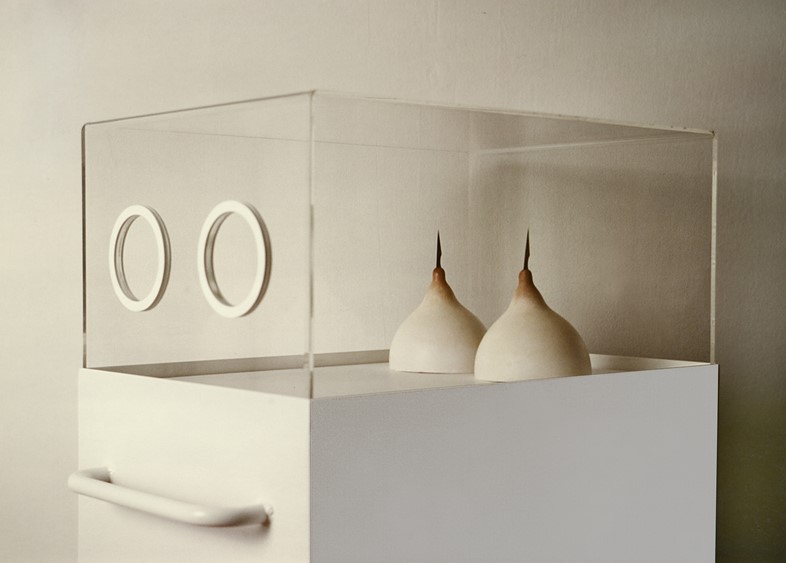
On being labelled ‘phallus-addicted’...
“This criticism was ridiculous and came mainly from men who were frightened and felt insulted by my so-called ‘phallic caricatures’. But female artists and theorists blamed me also, because in the very radical years of feminism all women should only be interested in their own body with its sexual organs.”
On how she reacted to her work being rejected by museums…
“Of course I was very angry, but that did not change anything. I was running against a thick wall of male indifference, condemnations and arrogance. That my work is appreciated more and more as the years have gone by is, on one hand, amazing for me, and on the other hand, it is satisfying to see that sincerity, devotion and faithfulness to inner and outer aims will be eventually recognised.”
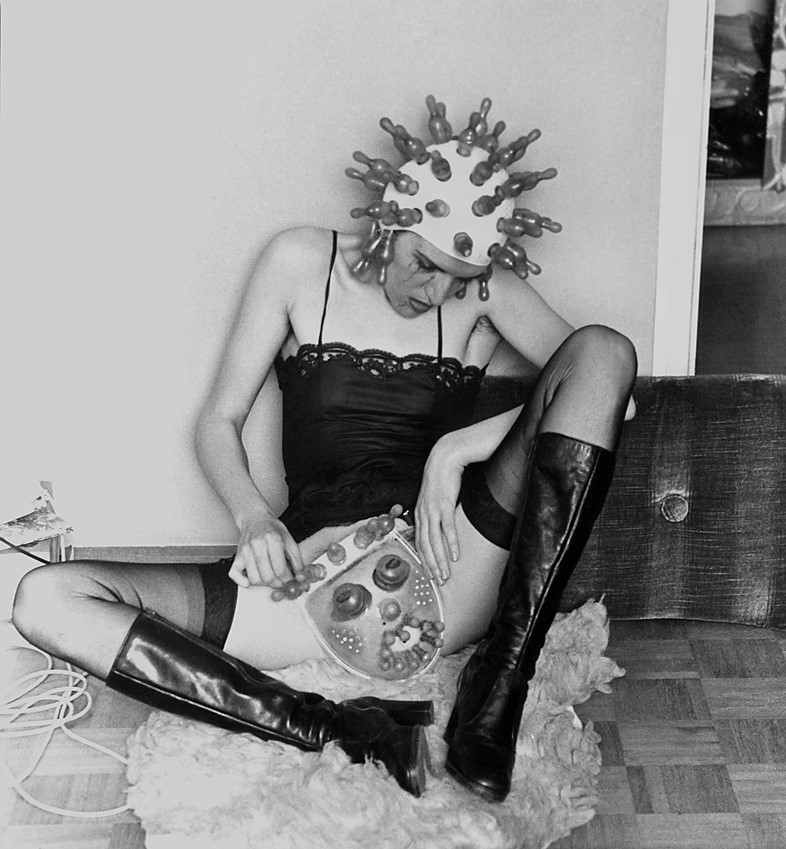
On being part of the radical feminist movement of Vienna in the 1970s…
“The feminist movement in Vienna of the 70s was the most important period for me, because through working together with feminist artists and activists I slowly found out the reasons for my fears, my feeling lonely and unworthy. I was determined to become ‘free’, and what that meant for me was to get the confidence to express my artistic ‘visions’ without fear, and to trust my artistic skills and intellectual capacities.”
On feminist art in Europe today…
“Feminist activist artists have realised that feminism is again urgently needed in our society. They are confronted with the very cold reality of having no money, no jobs, not enough opportunities in the art world. One very good sign is that they don’t play the lonely tramp, but are working together in groups to become skilled in building up interest in networking. I have the impression that all the fears and hopes are flowing, especially into the different forms of performance art.”
On schisms in the feminist movement...
“How can feminists agree when they do still 2/3 of the work and have only 1/100 of the wealth, and every two minutes a woman is raped? We only must not give up fighting for equal rights and a human world.”
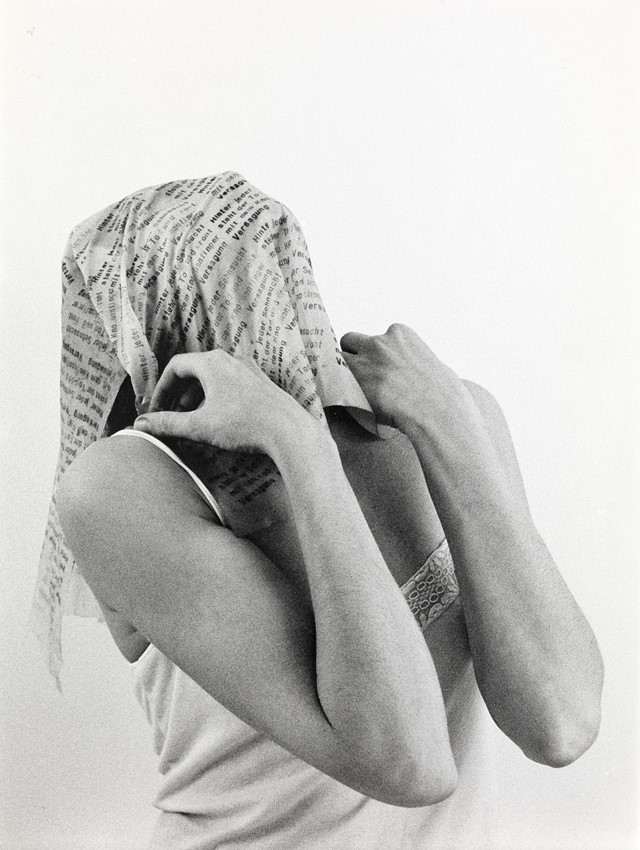
Renate Bertlmann: Höhepunkte (Two Climaxes) runs from December 2, 2016 until January 27, 2017 at Richard Saltoun gallery, London.
